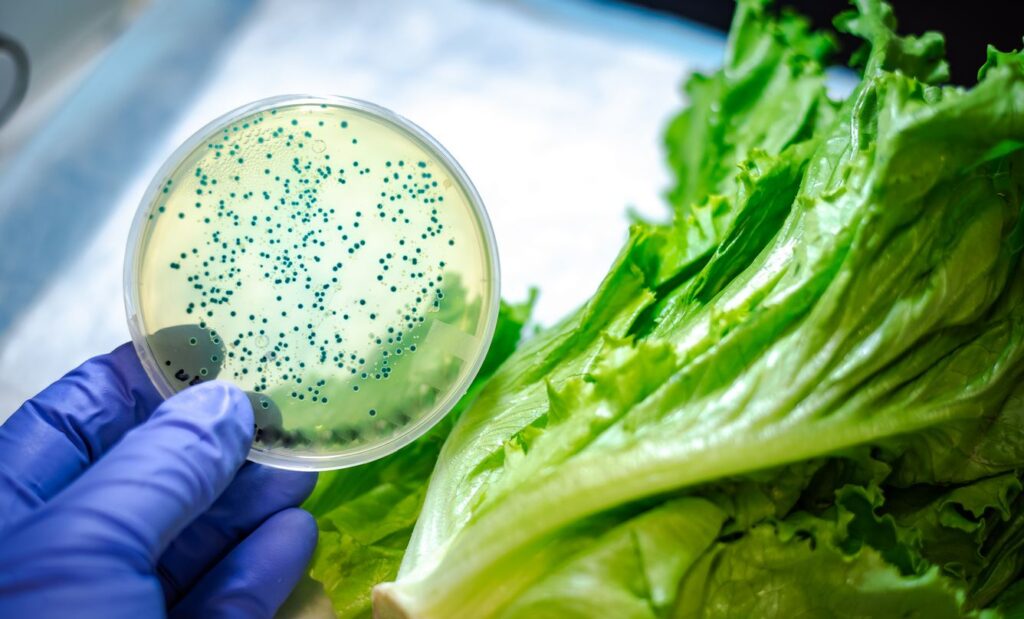Researchers at Pudrue University developed an antimicrobial peptide-based treatment for metal surfaces that targets the bacterial population
The focus on cleanliness and sanitation today is a hotter topic than ever before. The cleanliness of the environments where food is produced is fundamental to avoid the proliferation of unwanted bacterial diseases. A team of researchers from Purdue University recently announced their new invention. The team was able to produce a peptide-based coating with antimicrobial function that can kill bacteria on contact. The coating consists only of peptides, so it is completely non-toxic and biocompatible.
You might be also intrested in -> New-Gen Faucet, the new touchless dispenser
The material is applied to metal surfaces and fits into its micro cracks. The peptides are then released over time, increasing the efficiency of the coating. The antimicrobial process generates the oxidation of the peptides, which is easily visible due to the colour change of the surface. The colour change clearly warns when the surface needs a new treatment. For the time being, the efficiency of the coating on stainless metal and titanium surfaces has been demonstrated, but it is also applicable to other metals.
You might be also intrested in -> Will the biomedical sensors draw with pencils?
The coating can be applied on food counters and knives. A much more interesting use involves the surfaces of transport and cutting machinery, which are usually difficult to reach. The antimicrobial properties of the surfaces combined with the food washing phases should ensure unprecedented food safety and cleanliness. “Our technology can help ensure that if a food processing facility was chopping salad greens, bacteria would not transfer from a contaminated surface to a cutting tool, thereby contaminating many more parts” says David Bahr, the Professor who headed the research. The team is now looking for partners to market the technology.
